What effect does exercise have on the nervous system? The human nervous system is a wonder of natural design. It’s the conductor of our substantial symphony, guaranteeing that each move we make, each thought we have, and each sensation we experience flows consistently.
While numerous parts of the nervous system remain covered in mystery, one thing is clear: exercise significantly affects its function. In this article, we’ll jump profoundly into the universe of neuro-magics to investigate the impacts exercise has on the nervous system.
From neurons to neurotransmitters, we’ll uncover the fantastic transformations that happen inside us when we take part in physical movement.
Wiring The Brain – Neurogenesis And Exercise
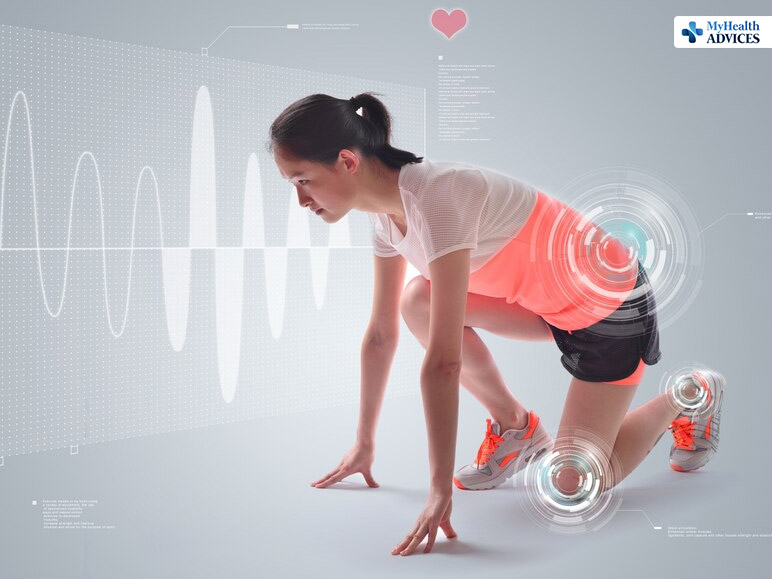
The nervous system, containing the focal and peripheral nervous systems, is an intricate network of neurons and glial cells that transmit data all through the body.
The brain is the command community, orchestrating the show. Exercise, it ends up, can overhaul the brain in striking ways. Neurogenesis, the method involved with creating new neurons, is one such impact of standard exercise.
This restoration happens essentially in the hippocampus, a district liable for learning and memory. Neurogenesis gives the brain recruits, enhancing cognitive function, improving memory, and aiding in emotional regulation.
What effect does exercise have on the nervous system and brain health? Maybe exercise is the expert conductor, recruiting new instrumentalists to make an amicable symphony inside your brain.
Pumping Up the Neurons – Exercise and Neuroplasticity
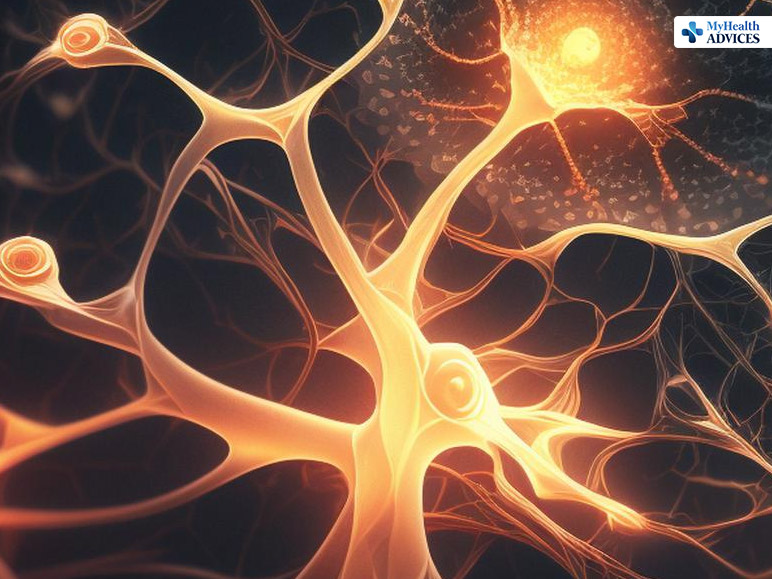
Neuroplasticity is one more captivating peculiarity related to exercise. It alludes to the brain’s capacity to adjust and revamp itself in light of new encounters, learning, or injury. Exercise, it shows up, fills in as an impetus for this cycle.
Normal physical action helps neuroplasticity by fortifying the connections among neurons and advancing the development of new synaptic pathways. Guess you get the little hints about ‘what effect does exercise have on the nervous system.
The result? Improved motor skills, enhanced learning limit, and a superior capacity to recuperate from wounds. Like an orchestra rehearsing and refining its exhibition, your brain turns out to be more deft and versatile with every exercise.
Synthetic Agreement – Neurotransmitters and Exercise
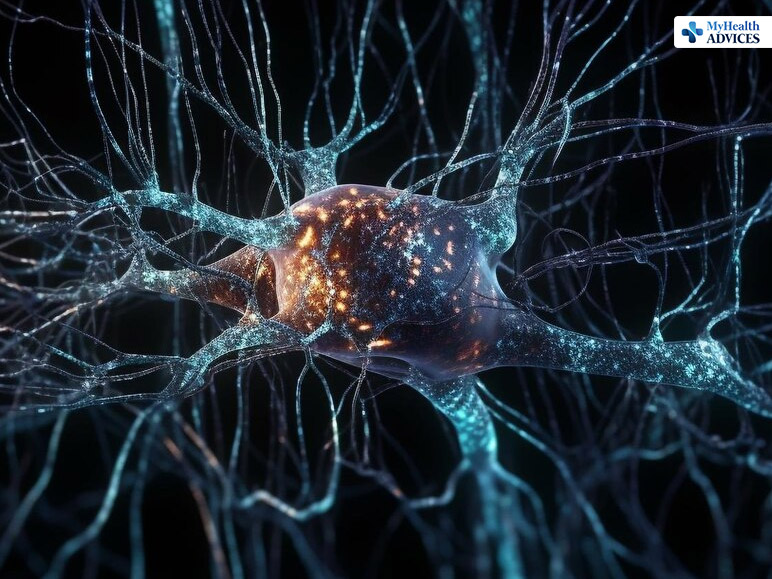
Dopamine, serotonin, and norepinephrine – these are the neurotransmitters that encourage you, blissful, and alert. They are likewise the synthetic compounds that assume a huge part in your nervous system’s function.
At the point when you exercise, these neurotransmitters become possibly the most important factor, creating a delightful concordance in your brain.
Exercise expands the arrival of dopamine, which is related to joy and inspiration. Serotonin, answerable for mood regulation, is additionally boosted, helping to alleviate feelings of anxiety and depression. Norepinephrine, then again, upgrades sharpness and focus. The outcome? You feel physically stimulated as well as intellectually revived.
Calming the Storm – Exercise and Stress Reduction

Stress is an unquestionable piece of modern life, and its effect on the nervous system can be significant. However, exercise is the counteractant to the fierce waters of stress. At the point when you figure out, your body releases endorphins, natural stress relievers that battle the unsafe impacts of chronic stress.
So what effect does exercise have on the nervous system other than this? Besides, exercise diminishes the production of cortisol, the body’s essential stress chemical. Lower cortisol levels add to diminished anxiety and a more settled nervous system. It resembles your body’s approach to stirring things up with a reset button, creating a feeling of quietness amid the chaos.
Powering Up the Peripheral Nervous System – Exercise and Enhanced Reflexes
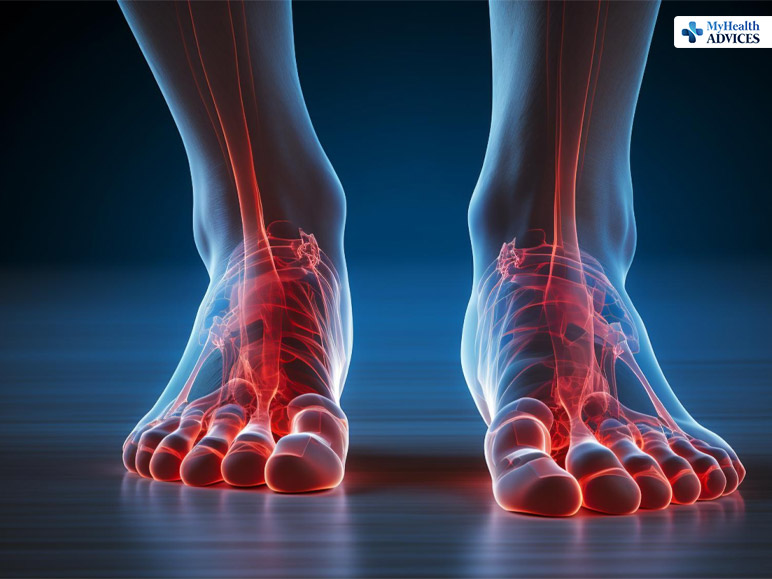
The peripheral nervous system, consisting of sensory and motor neurons, interfaces the focal nervous system to the rest of the body.
Exercise fine-tunes this connection. Normal physical action upgrades the transmission speed of nerve motivations along these pathways, really improving reflexes and reaction times.
This expansion in neural proficiency can be a unique advantage, whether you’re an expert competitor, a performer, or just hoping to explore your daily life more. It’s likened to upgrading the handling rate of your PC; your reactions become lightning-speedy.
Balancing Act – Exercise and the Autonomic Nervous System
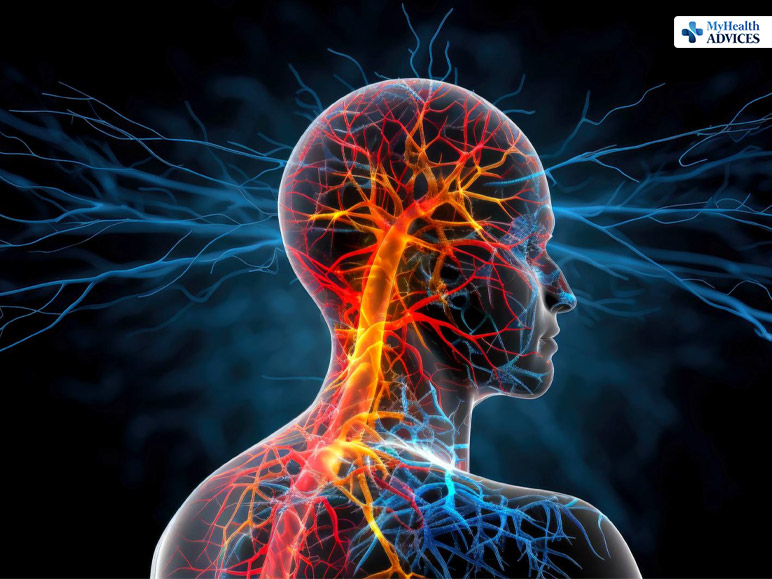
The autonomic nervous system (ANS) operates behind the scenes, regulating bodily functions such as heart rate, digestion, and respiratory rate.
It’s partitioned into the thoughtful and parasympathetic systems, answerable for “fight or flight” and “rest and digest” reactions, individually. Exercise is the magic wand that helps balance these systems.
Normal physical action fortifies the parasympathetic branch, advancing unwinding and recovery. This balance is fundamental for in general prosperity, as a consistent “fight or flight” state can prompt chronic stress, while an amicable ANS supports wellbeing and essentialness.
Shielding the Brain – Exercise and Neuroprotection

Generally impossible for it to invigorate and upgrade different parts of the nervous system, exercise likewise offers a safeguard against neurological disorders. What effect does exercise have on the nervous system according to research?
Research proposes that remaining physically dynamic can lessen the gamble of neurodegenerative diseases like Alzheimer’s and Parkinson’s.
This neuroprotective impact is believed to be because of the advancement of antioxidant production, improved blood flow, and enhanced brain-derived neurotrophic factor (BDNF) levels, all of which assist with defending the brain against the attacks of maturing and disease.
Moreover, exercise might dial back the movement of existing neurological circumstances, offering trust and improvement in personal satisfaction for those generally impacted. It’s like physical movement is a heavenly messenger for our nervous system, looking after it amid hardship.
Conclusion

Exercise, it appears, assumes a critical part of this exhibition. From neurogenesis to neurotransmitter releases, from neuroplasticity to stress reduction, and from reflex improvement to autonomic nervous system balance, exercise is the magical wand that upgrades our neural orchestra.
All in all, What Effect Does Exercise Have on the Nervous System? The answer is significant, transformative, and perpetually interesting. The following time you hit the rec center, ribbon up your running shoes, or carry out your yoga mat, recall that you’re not simply practicing your body; you’re sustaining your nervous system and opening the mysteries of neuro-magic. With each step, you are blending the symphony that is your reality.
Additional:
What Is Waist Trainer? What Are Some Best Waist Trainer?
What Is The Best Intermittent Fasting Window To Lose Belly Fat?
Could A Molecule In Cruciferous Veggies Help Protect Against Lung Infection?


